Dairy-Free but LOVE Butter? Give Plant-Based Butters a Try
All the flavor, plus big health benefits? Sign us up!
BY MEGHAN RABBITT
Most of us would agree that when it comes to food, butter makes everything better. Yet if you’re dairy-free and trying to steer clear of traditional butters made from cow’s milk or cream, there’s good news: plant-based butter is a great alternative.
What is plant-based butter?
Plant butters are a non-dairy alternative to traditional butters, and there’s a reason you’re seeing more of them at the grocery store these days, says Michelle Hyman, R.D., C.D.N., a registered dietitian in New York. “Consumers are looking for more plant-based alternatives because we are all more aware of the environmental, ethical and health impact of our food choices than ever before,” she says.
Plant-based butters are also interchangeable with dairy options when it comes to cooking and baking. For example, Country Crock's Plant Butter line can be used in a 1:1 swap for dairy butter with the same results.
Plant-based butter ingredients
These non-dairy alternatives to churned cream are typically made from olive, coconut, palm kernel or other plant-derived oils. As a result, they have a different nutritional profile. Plant-based butters contain anywhere from 60 to 100 calories and 6 to 11 grams of fat per tablespoon, compared to 100 calories and 12 grams of fat in a tablespoon of traditional butter.
Certified nutritionist Anju Mobin says there are a number of benefits to the ingredients in plant-based butter. For example, olive oil is an antioxidant and has been shown to reduce blood cholesterol and help to improve blood sugar levels. And avocado oil is rich in oleic acid, a heart-healthy monounsaturated fat.
Is plant-based butter healthy?
While there are no clinical research trials looking at plant-based butter compared to traditional butter just yet, Hyman says what is clear is that a heart-healthy diet should include monounsaturated fats, such as nuts, olive oil and avocados—all ingredients you’ll find in plant-based butters. “Choosing these healthy fats the majority of the time is ideal, especially for those with high cholesterol,” she says. Just be sure to keep serving sizes in check no matter what type of butter you choose, adds Hyman. “If you’re trying to achieve or maintain a healthy body weight, you’ll want to be careful how much plant-based butter you use due to the calorie content,” she says. Since it’s plant-based, Plant Butter can often have less saturated fat than dairy butter. In fact, Country Crock Plant Butter has 25% less saturated fat than dairy butter!

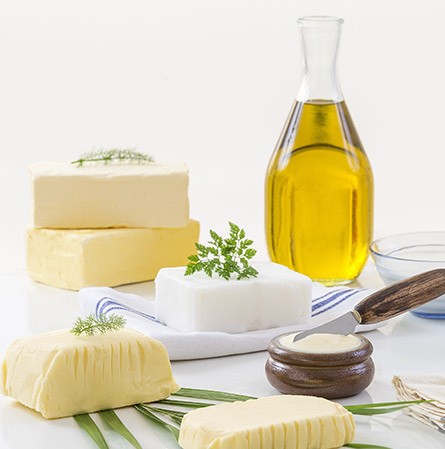
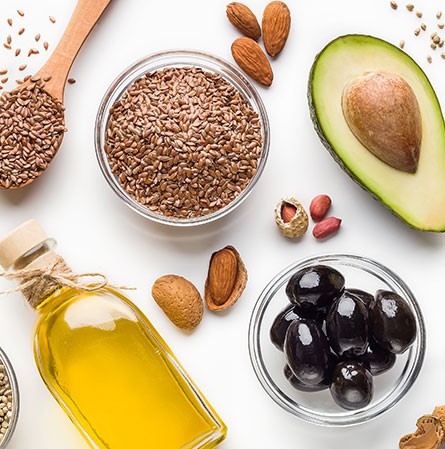
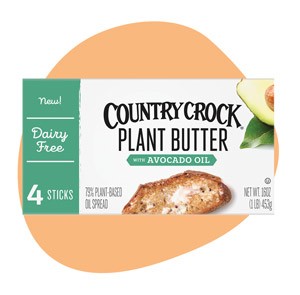
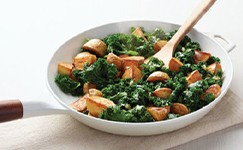

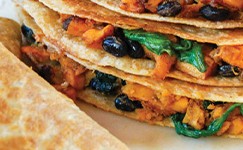

Share this Post